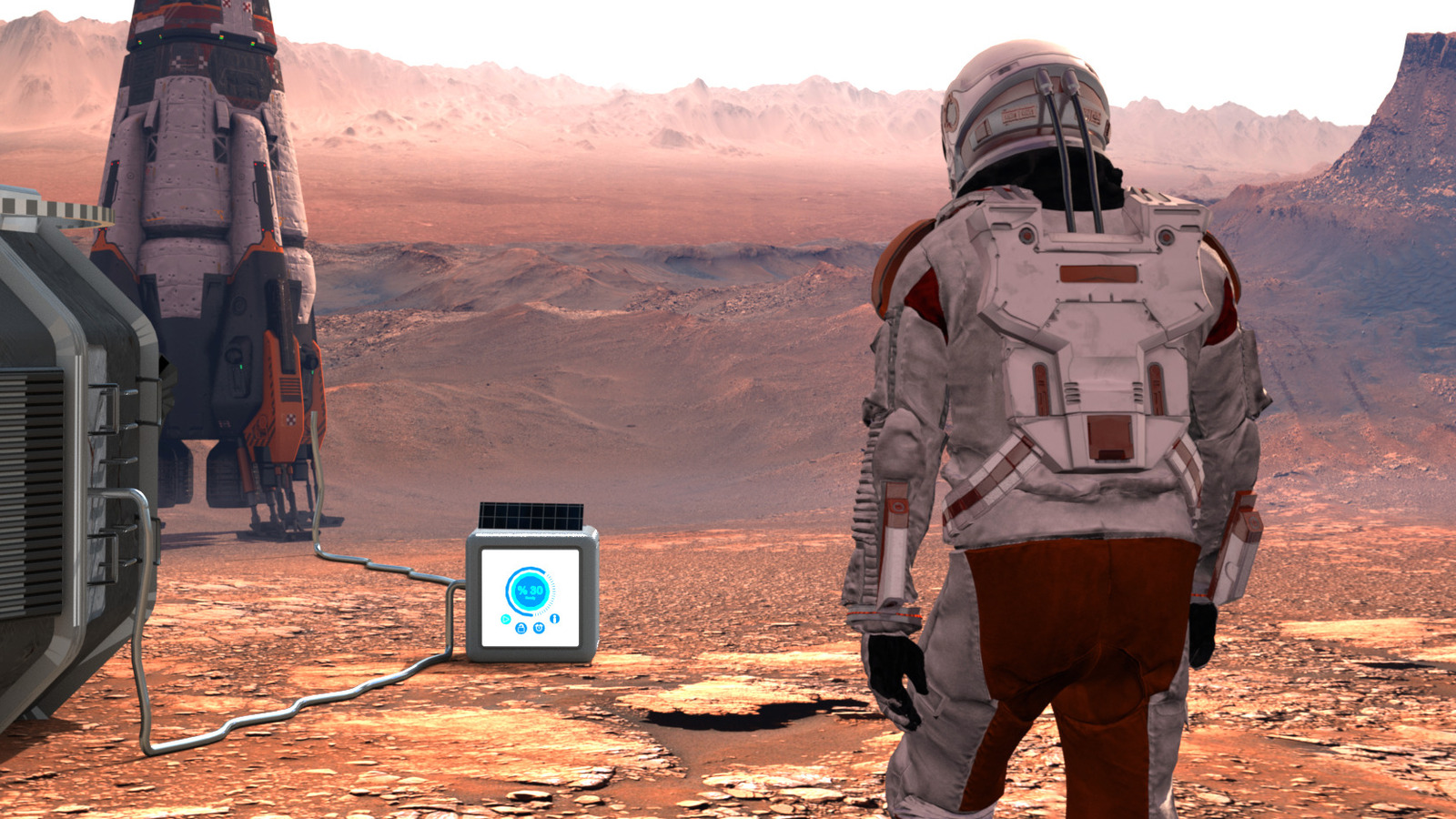ESA Testing Process Of Using Astronaut Waste To Make Fuel On Mars

This kind of system is important to develop if we want to eventually send humans to Mars. That’s because Earth and Mars are only close to each other approximately every two years, or 26 months, so it is only really feasible to send missions there during this biannual period. That means a crew would likely have to travel from Earth and spend around 18 months on Mars before they could travel home (via Digital Trends). As such, they would need to be able to survive for an extended period on an alien planet.
The amount of water, oxygen, food, and fuel needed to sustain a crew for that long would be too heavy to launch on a rocket. So a future mission would need to take advantage of the resources which are already available on Mars to make what is needed, an approach called In Situ Resource Utilization (ISRU). Plans like the ones from ESA could help astronauts get by on an eventual mission to Mars, or to other locations like the Moon or elsewhere. “The outcome of this activity could provide ESA with valuable input on the production of propellant on Mars or to power remote sites like ground stations on Earth,” said Jean-Christophe Berton, ESA technical officer for the project (via ESA). “It could also potentially provide input on how to decarbonise our own atmosphere.”
For all the latest Games News Click Here
For the latest news and updates, follow us on Google News.
